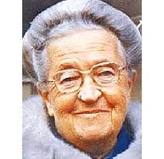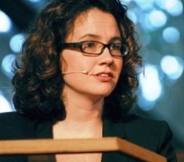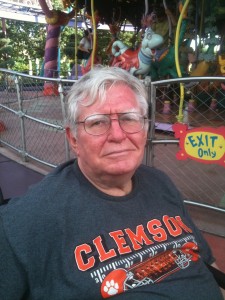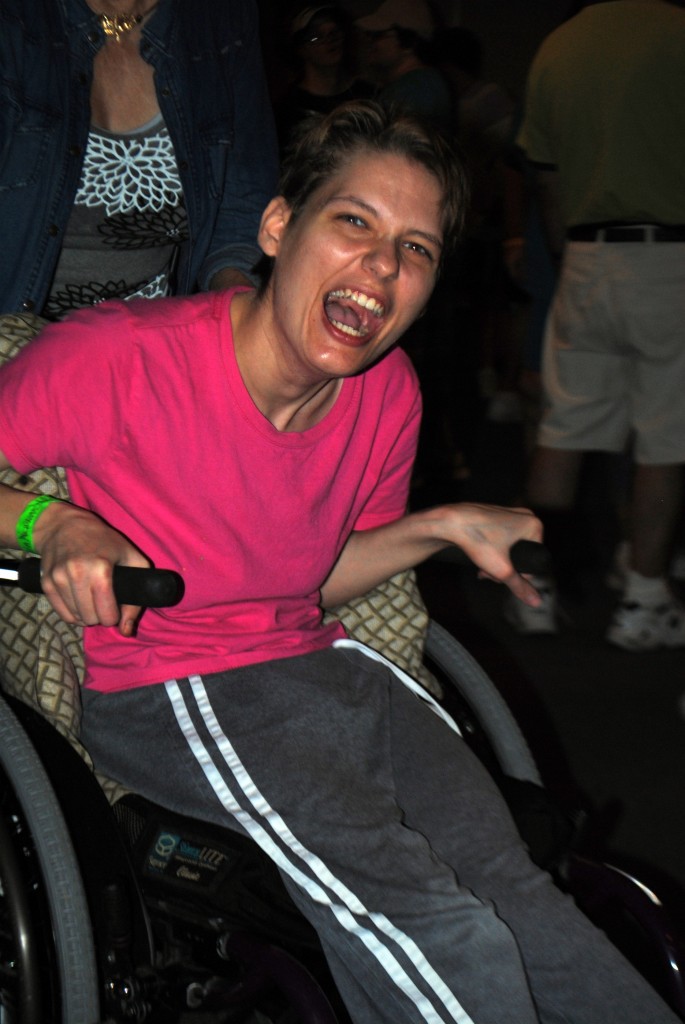
Several years ago, Richard Stimson wrote in the Special Gathering newsletter, Networks, something that made a big impression on me. He said that all of us who serve within the disability community stand on the backs of the generations who have gone before us. These are heroes like Corrie Ten Boon, who had a city-wide special needs ministry before World War II. She was sent to a Nazi Concentration camp for hiding the Jews.
I was reminded of this when I read the blog written by Rev. Carol Howard Merritt. Her blog is Tribal Church.
When I began as a pastor, my father gave me an important piece of advice. He said, “Remember, Carol, you don’t have to know everything. You just gotta know who to call.”
I smiled, because a number of people flashed in my mind. There are so many people who have taken great time, interest, and energy in forming me as a pastor and a person. I’m lucky to have former ministers, past professors, and present clergy friends who always take the time to answer email and receive phone calls. Their strengths are in different things–some are wonderful at working with staffs, others at understanding family systems, others at raising money, and others at thinking through things theologically.

One of the greatest joys of this profession is that we can be challenged and stretched in so many areas (administrative, theological, community activism). And the tremendous asset of this profession is that even when we don’t have all the expertise we need ourselves, there’s usually someone we can call. Even when we’re isolated, or when we feel like we’re in a vulnerable political situation in which we cannot be honest about things, we have books we can turn to.
There’s something new and wonderful taking place in the 21st Century church. New technologies allow us to connect in exciting ways. We understand ourselves globally. There’s deep spiritual longing, concern for the poor, and care for creation. There’s more and more interest in planting churches.
Yet, I become concerned and uncomfortable sometimes. I don’t want to be part of a generation who feels like it has to completely re-invent everything to be relevant. I don’t want to be a person who thinks that I have to know everything. I don’t want to be someone who disregards the generations before me. And I don’t want to be someone with so much hubris that I think I’m first one to be saying something important, when I’m actually echoing many wise people who have come before me.
I have relied deeply on past wisdom, gained through great experience. My hope for the leadership of our churches is that we will be innovative people who change and adapt rapidly, as well as seek the enduring richness of the past.
My creative father worked for NASA for decades, concentrating on research and development. And before he retired, he wrote an article about all of the mistakes that he had made and seen, and what he learned from them. He told me writing that article was one of the most valuable things he accomplished in his career, because it was widely read, and saved the next generation of rocket scientists from falling into the same pitfalls.
So, as church leaders, why should we go through all the pain of making all of the mistakes ourselves, when we can learn from the mistakes that were made by others? Why not learn from the experience that so many others have compiled? After all, innovative construction lasts the longest when it’s built on a decent foundation.

